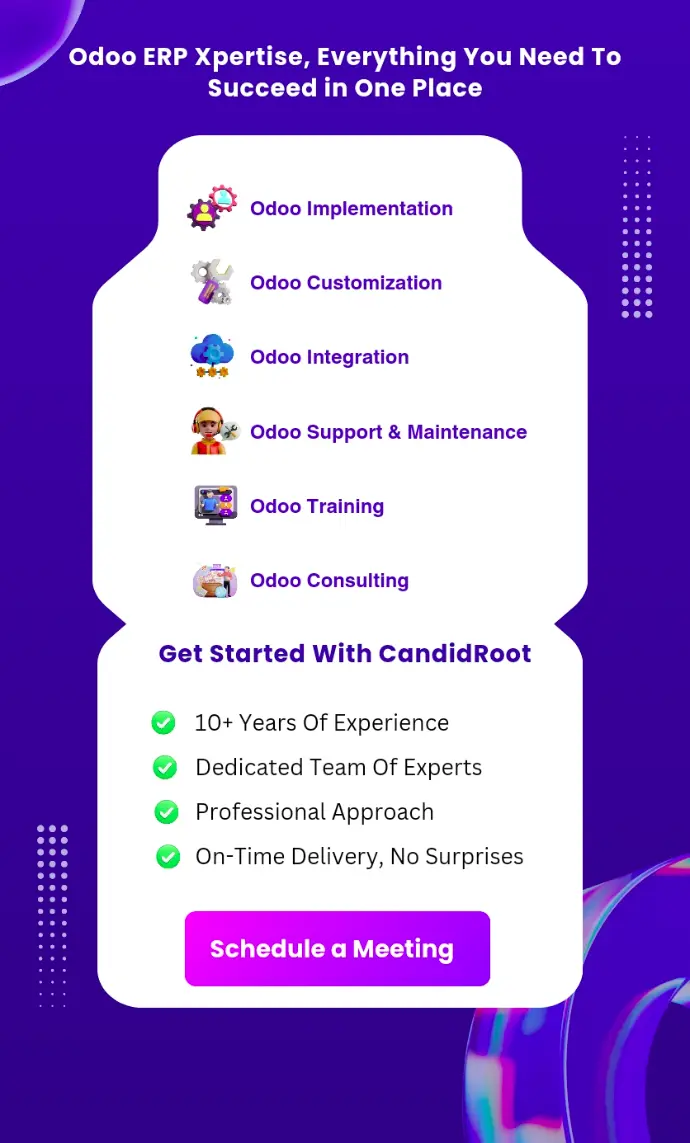What is a POS System?
A POS system is a combination of hardware and software that is used to manage sales, inventory, and financial data in real time. It includes a computer, barcode scanner, cash register, credit card reader, and software that helps retailers manage their business processes more efficiently. The system records each transaction and updates inventory and financial records in real time. There are different types of POS systems available for retail businesses, including traditional, mobile, and cloud-based systems.
Benefits of Using a POS System for Retail Business
There are many benefits to using a POS system for your small retail business. One of the primary benefits is streamlined sales and inventory management. The system keeps track of all sales, updates inventory, and generates reports in real-time, eliminating the need for manual data entry and it will save time and reduce the risk of errors.
Another benefit is enhanced customer experience through faster checkout and personalized services. POS systems allow retailers to process transactions more quickly, reducing wait times and increasing customer satisfaction. They also provide retailers with valuable data that can be used to create personalized marketing campaigns and promotions that resonate with their customers.
Improved accuracy in tracking sales, inventory, and financials is another benefit of using a POS system. With a POS system, retailers can track sales and inventory levels in real time, allowing them to make data-driven decisions about inventory management and purchasing. The system also provides accurate financial reports, which help retailers better understand their business performance and make informed decisions.
Finally, a POS system provides better insights and analytics for informed decision-making. With real-time data, retailers can identify trends and make data-driven decisions about pricing, inventory, and marketing strategies. This helps retailers optimize their business processes, reduce costs, and increase revenue.
Checkout this video about Odoo Point of Sale - Online or offline for better understanding.
Get a Free Demo of POS for Retail Business System
Features of POS System for Retail Business
When choosing a Retail POS system, there are several features to consider. First, the system should be compatible with your existing hardware and software. This will help you avoid compatibility issues and ensure that the system is easy to integrate into your business processes.
Integration with other business tools, such as accounting software and CRM, is another important feature to look for. This will help you streamline your business processes and avoid duplication of effort. Security and data protection measures are also crucial features to consider, as they will help you protect your business data from unauthorized access. All you need is professional who can help you in POS development with Odoo.
Finally, customization options for business-specific needs are essential. Different businesses have different needs, and a good POS system should be able to adapt to those needs. Customizable features like pricing rules, customer loyalty programs, and marketing promotions can help retailers differentiate themselves from competitors and improve customer retention.
- Streamlined sales and inventory management
- Enhanced customer experience
- Improved accuracy in tracking sales, inventory, and financials
- Better insights and analytics for informed decision-making
- Features to look for in a Retail POS System: compatibility, integration with other business tools, security and data protection, and customization options.
Conclusion:
In conclusion, a POS system is an essential tool for small retail businesses that want to streamline their business processes, improve customer satisfaction, and increase revenue. By providing real-time data and analytics, a POS System helps retailers make informed decisions about inventory management, pricing, and marketing strategies. When choosing a POS system, it's essential to consider features like compatibility, integration, security, and customization options to ensure that the system meets your business-specific needs. With the right POS system in place, retailers can focus on growing their businesses and providing exceptional customer experiences.
While the benefits of using a POS system are clear, it's essential to choose the right system that meets your business needs. Traditional POS systems are typically more expensive and require more maintenance, while cloud-based POS systems offer more flexibility and scalability. Mobile POS systems are also becoming increasingly popular, as they allow retailers to process transactions from anywhere in the store.
In addition to choosing the right system, it's crucial to train employees on how to use it effectively. A POS System is only as good as the people who use it, and proper training can help ensure that employees are using the system to its full potential. This includes training on how to process transactions, manage inventory, and generate reports.
It's also important to keep the POS System up-to-date with the latest software updates and security patches. This will help ensure that the system is running smoothly and that your business data is protected from cyber threats.
Overall, a POS System is a powerful tool that can help small retail businesses operate more efficiently, provide better customer experiences, and make informed decisions about their business. By choosing the right system, training employees effectively, and keeping the system up-to-date, retailers can unlock the full potential of their POS system and take their business to the next level.


